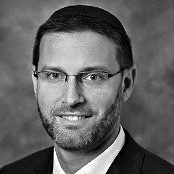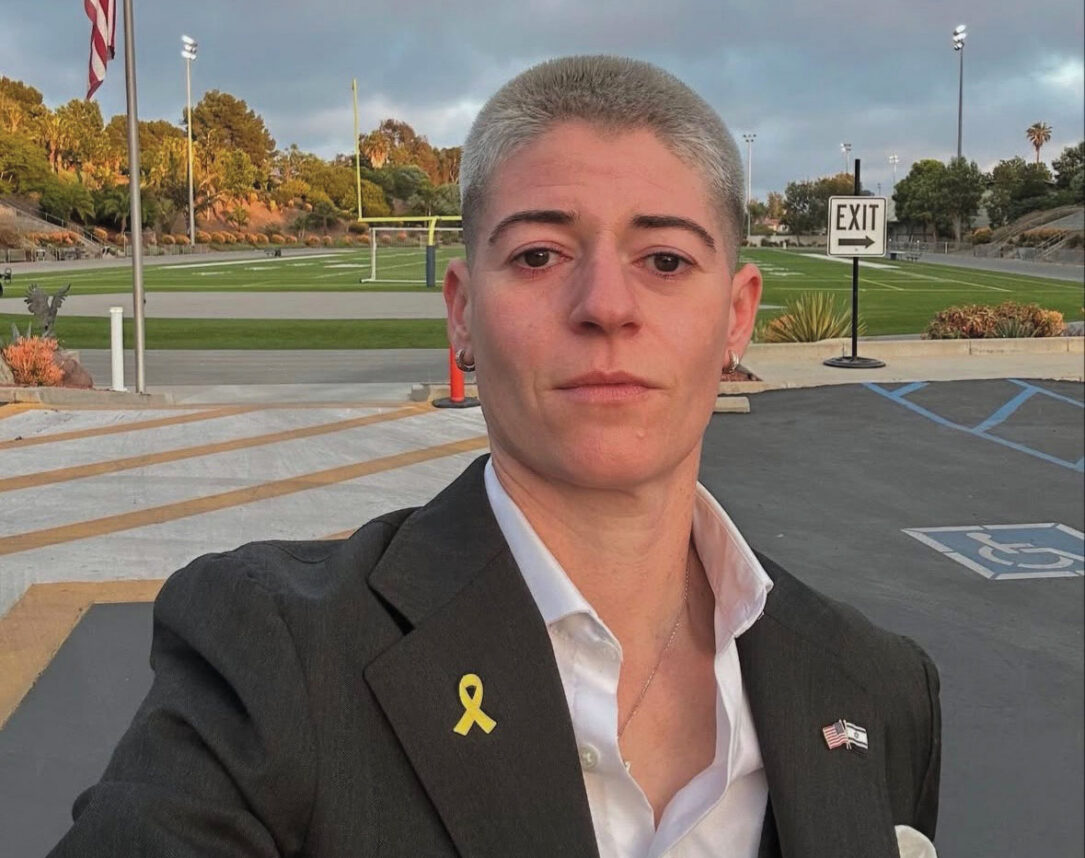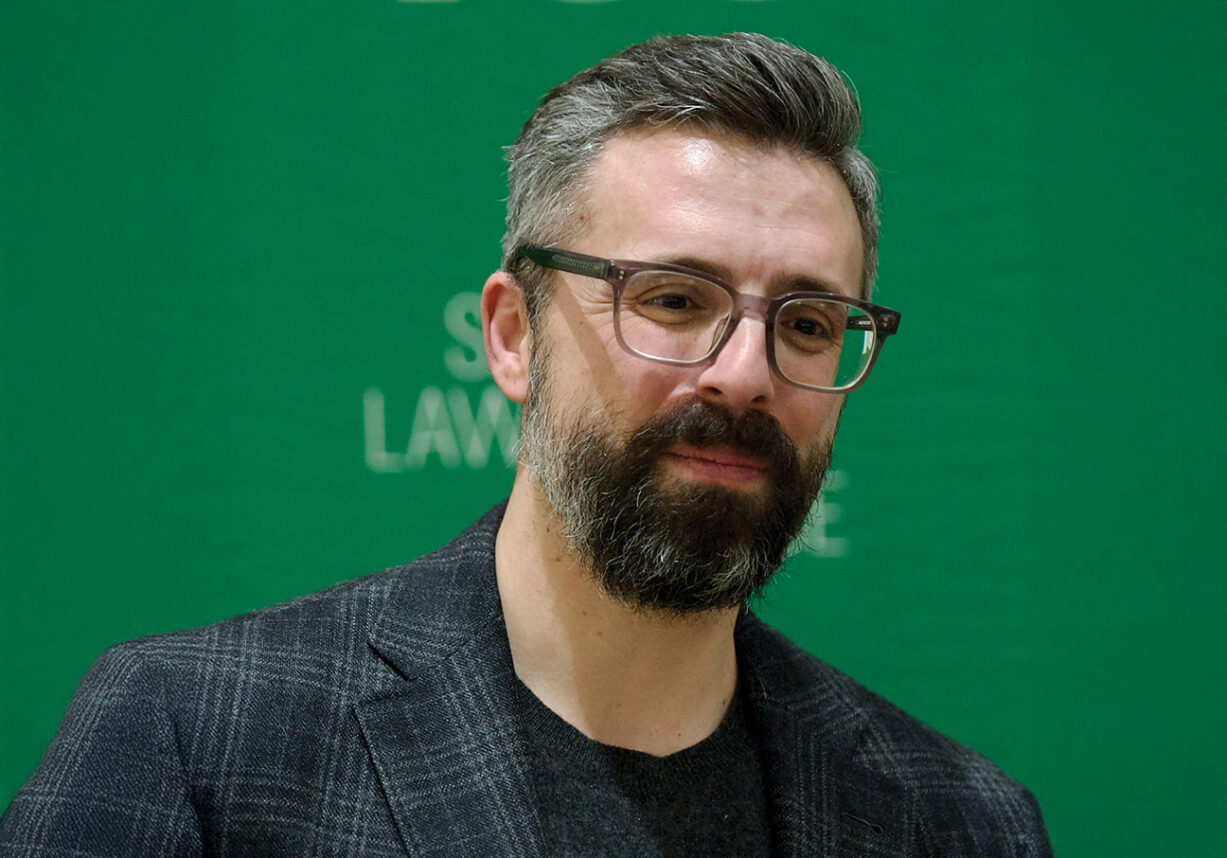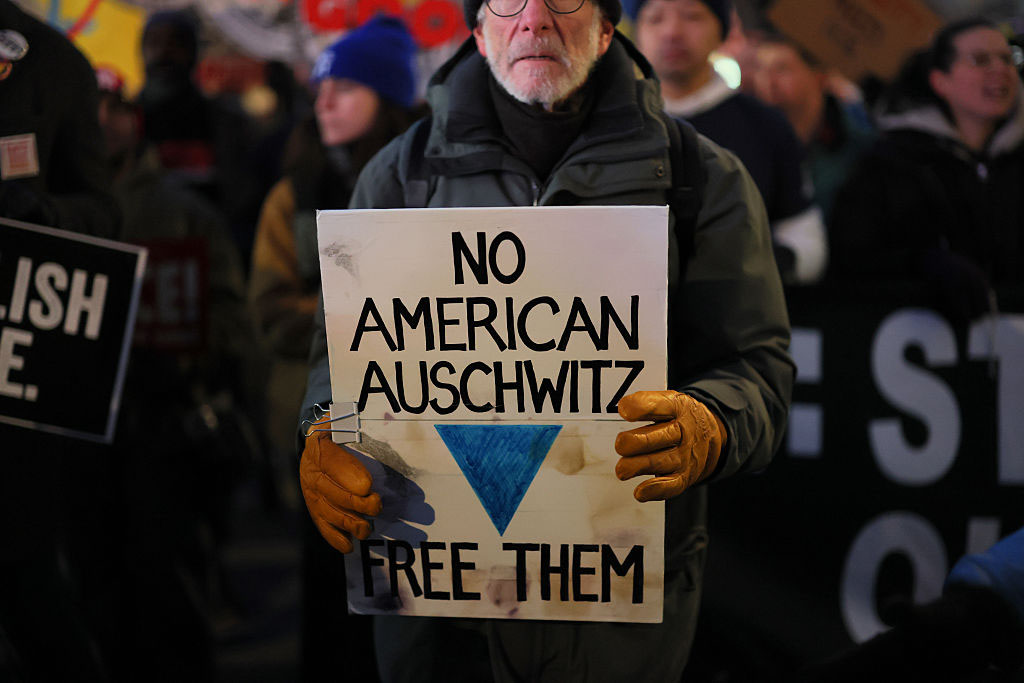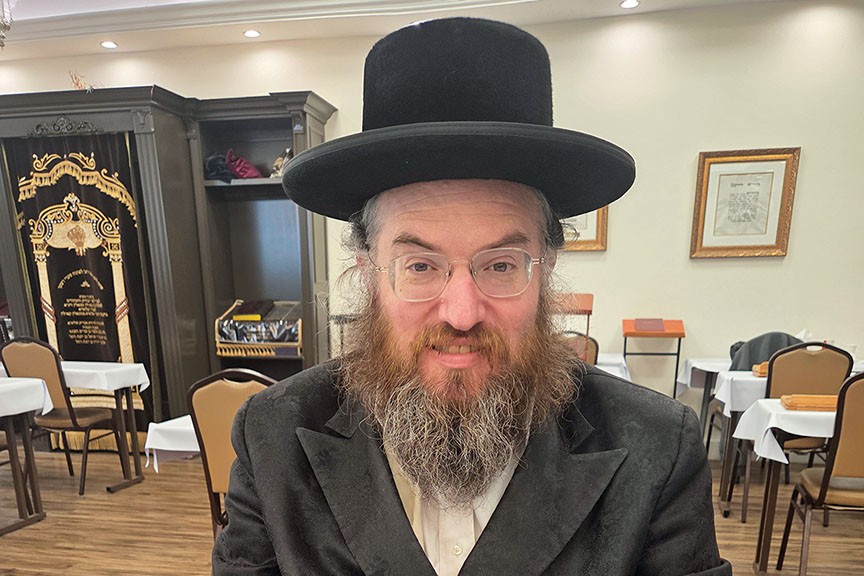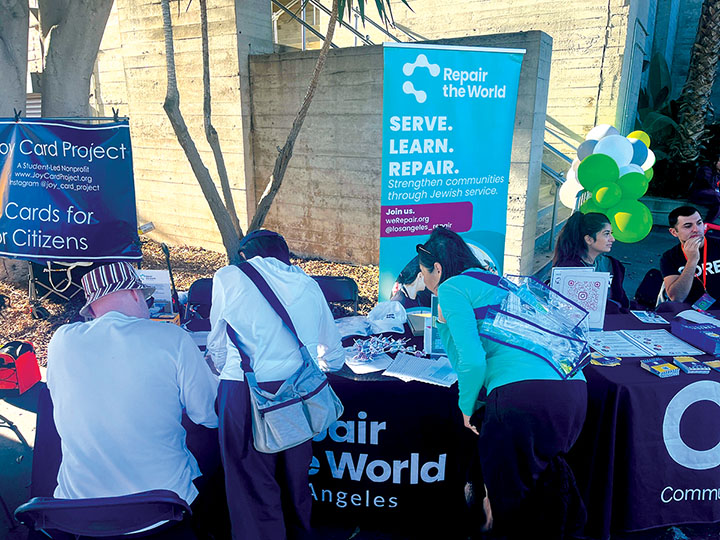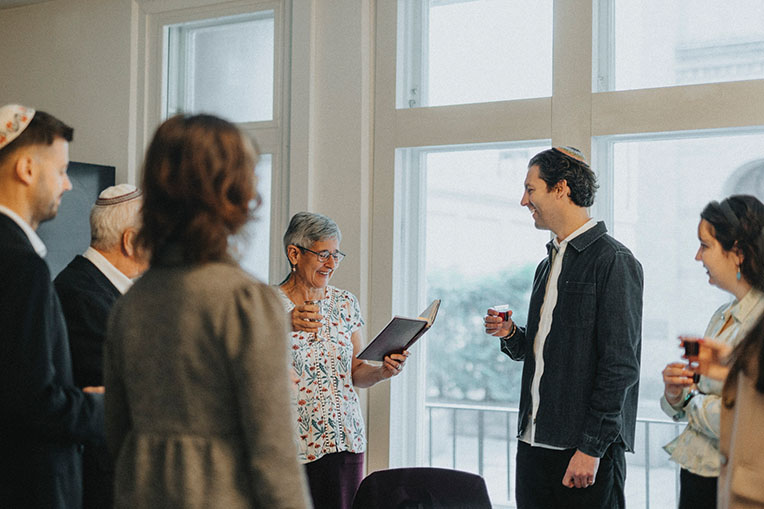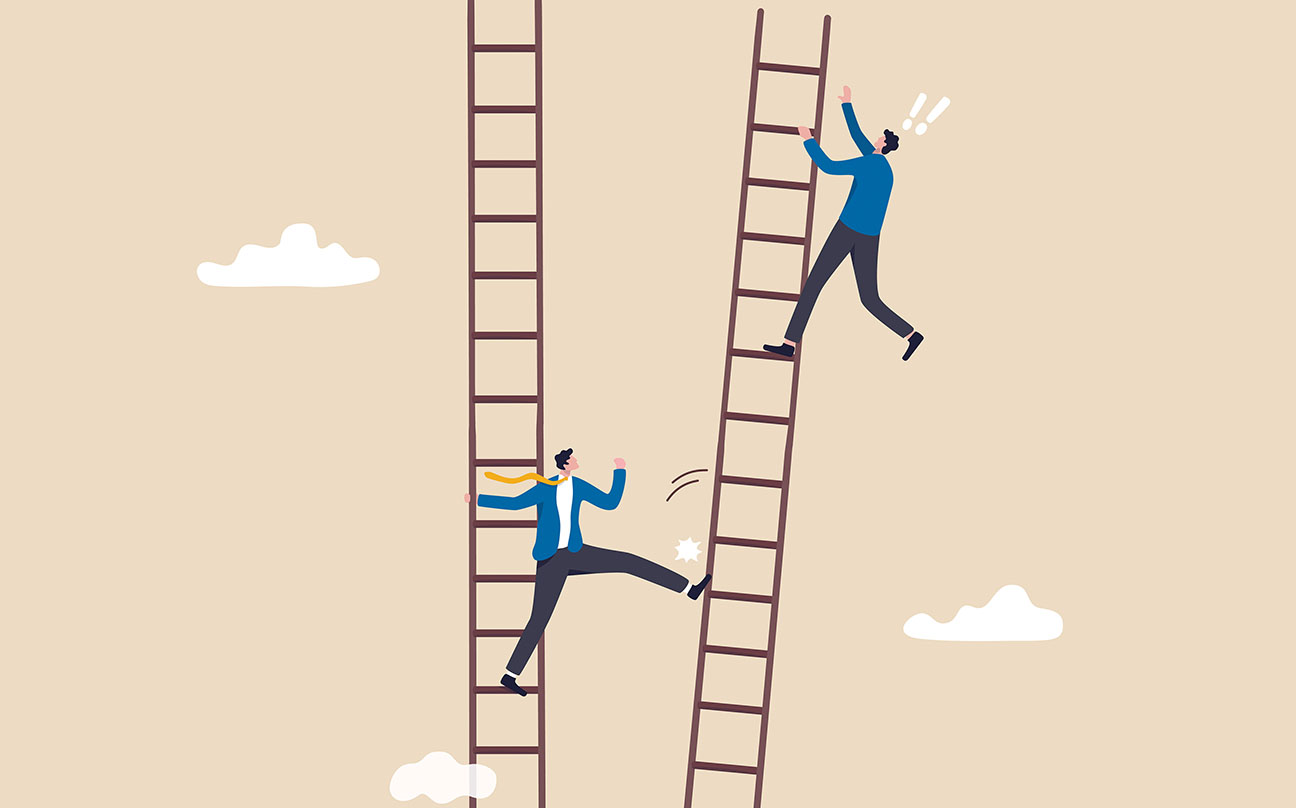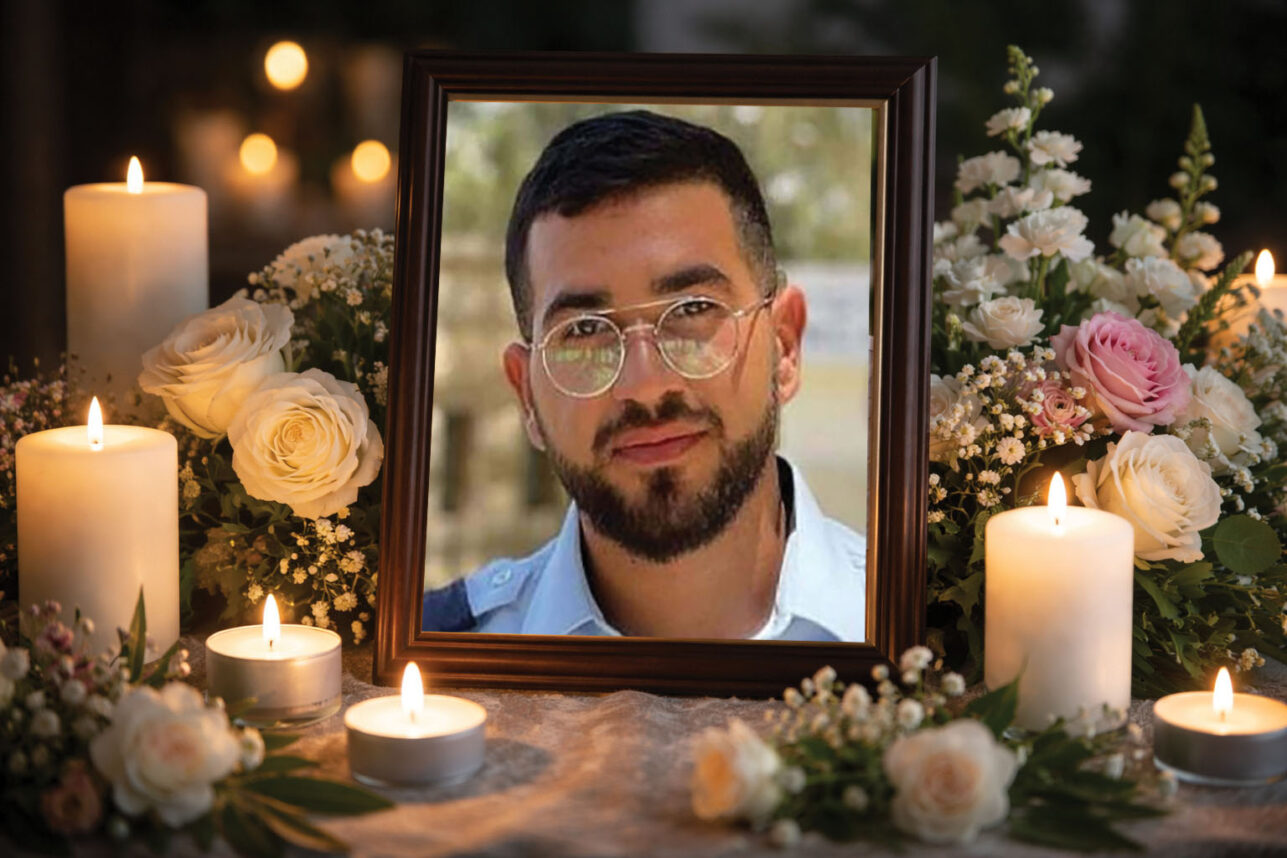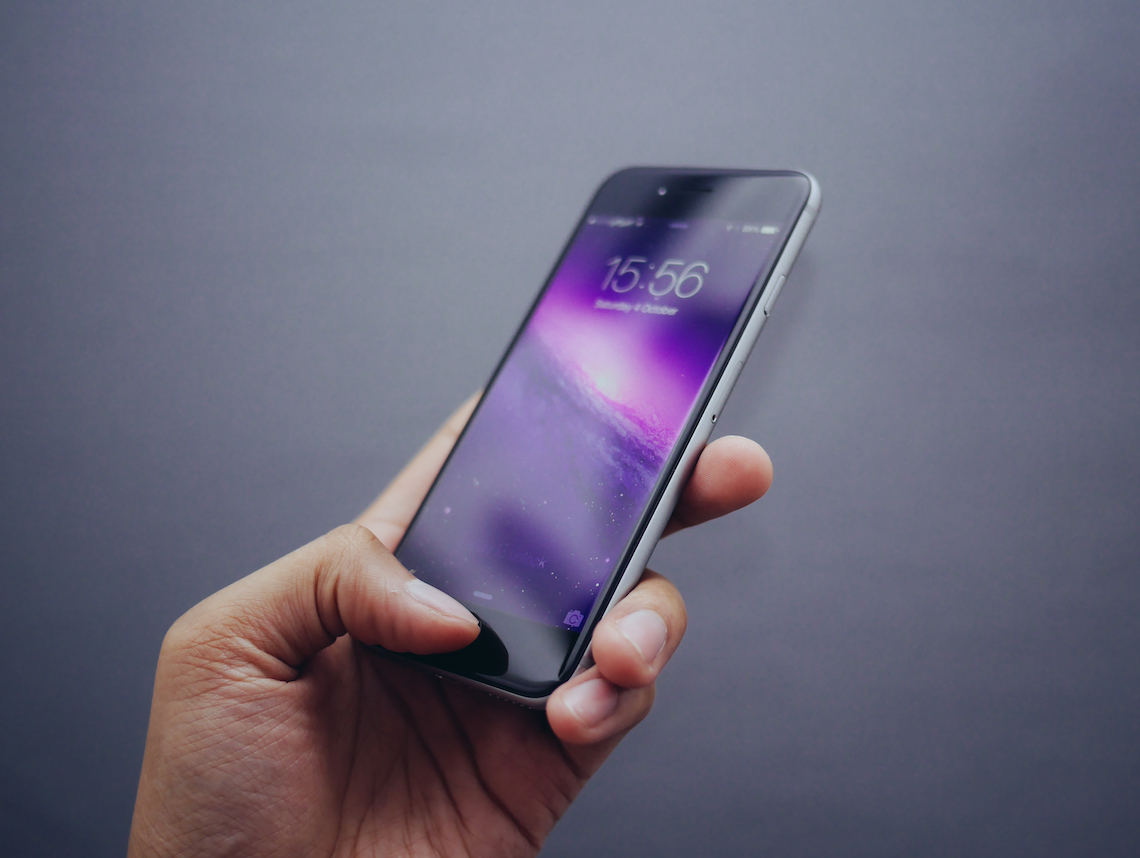
In this era of physical distancing, one of the most urgent questions we all face is how to remain or become connected to others. Whether we tap newer platforms such as Zoom or FaceTime, or use the good old telephone, many of us worry these forms of connection still are too detached and can’t replace coming together in person.
This is why an intriguing and timely study published this month in the Journal of Supportive Care in Cancer surprised me. In this unique study, titled “Feasibility and acceptability of a telephone-based chaplaincy intervention in a large, outpatient oncology center,” researchers examined the use of the telephone in chaplaincy. They found that patients reported very high satisfaction with spiritual and emotional support by phone. More than 90% of surveyed participants were “very satisfied” with a chaplain’s ability to listen to them and to make them feel comfortable on the phone. They expressed high satisfaction with the ability to pray, tap into their inner strengths and resources, and overcome their fears and concerns with the chaplain on the phone. In fact, many of the respondents reported preferring the anonymity of the phone over in-person support.
I frequently have been surprised that meaningful connections can be created by phone, and that patients and families have expressed tremendous appreciation.
In Jewish law, there is a longstanding debate regarding whether one fulfills the mitzvah of bikur holim (commandment to visit the sick) over the phone. Most rabbis who write about this question have concluded that visiting the sick by phone does fulfill the mitzvah, but not in its full and ideal sense, because one may not be moved to pray with the same intensity for a patient they have not seen in person, and because they cannot offer the same type of physical assistance by phone. While some of that concern may be mitigated by Zoom or FaceTime, this study is an important reminder that even when we can’t provide support in person, making a phone call can be an excellent alternative that should not be quickly dismissed.
Our chaplains at Cedars-Sinai Medical Center have continued to see patients in person throughout this pandemic, believing we need to be right there alongside patients and staff who need us during times of uncertainty and confusion. However, some of our chaplains are unable to be in the hospital during this time, and some patients are not allowed to have any visitors, so we also utilize “tele-chaplaincy” in some instances. It took some practice and getting used to, but we consistently have been surprised at the depth and profundity of many of these calls, and the ability to forge meaningful connections over computer or phone.
When there have been patients whose rooms I could not enter during these past few months, I also had to rely on phone calls. While the phone rang, I found myself getting nervous, an emotion I generally don’t feel when knocking on a patient’s door in person. When the patient answers the phone, I have to be very careful not to make him or her afraid because the chaplain is calling. After we begin to speak, I have to be extremely sensitive to exactly what the patient is saying and even the tone of voice because I can’t rely on facial expressions and nonverbal clues that usually are crucial aspects of communication. But even with all of that, I frequently have been surprised that meaningful connections can be created by phone, and that patients and families have expressed tremendous appreciation, just as the journal’s study found.
It is not only true in hospital chaplaincy, but in all of our lives. I am afraid that because we cannot be in physical proximity to most people in our community right now, many of us simply feel there is no way to truly connect for the time being. It is indeed a frustrating and difficult time, but it is a time when we need supportive connection more than ever. Even if it is not ideal, it is worthwhile to pick up the phone and call the people in our lives. The likelihood is that they will benefit from it, and may appreciate it now more than ever.
Rabbi Jason Weiner is senior rabbi and director of spiritual care at Cedars-Sinai Medical Center.

